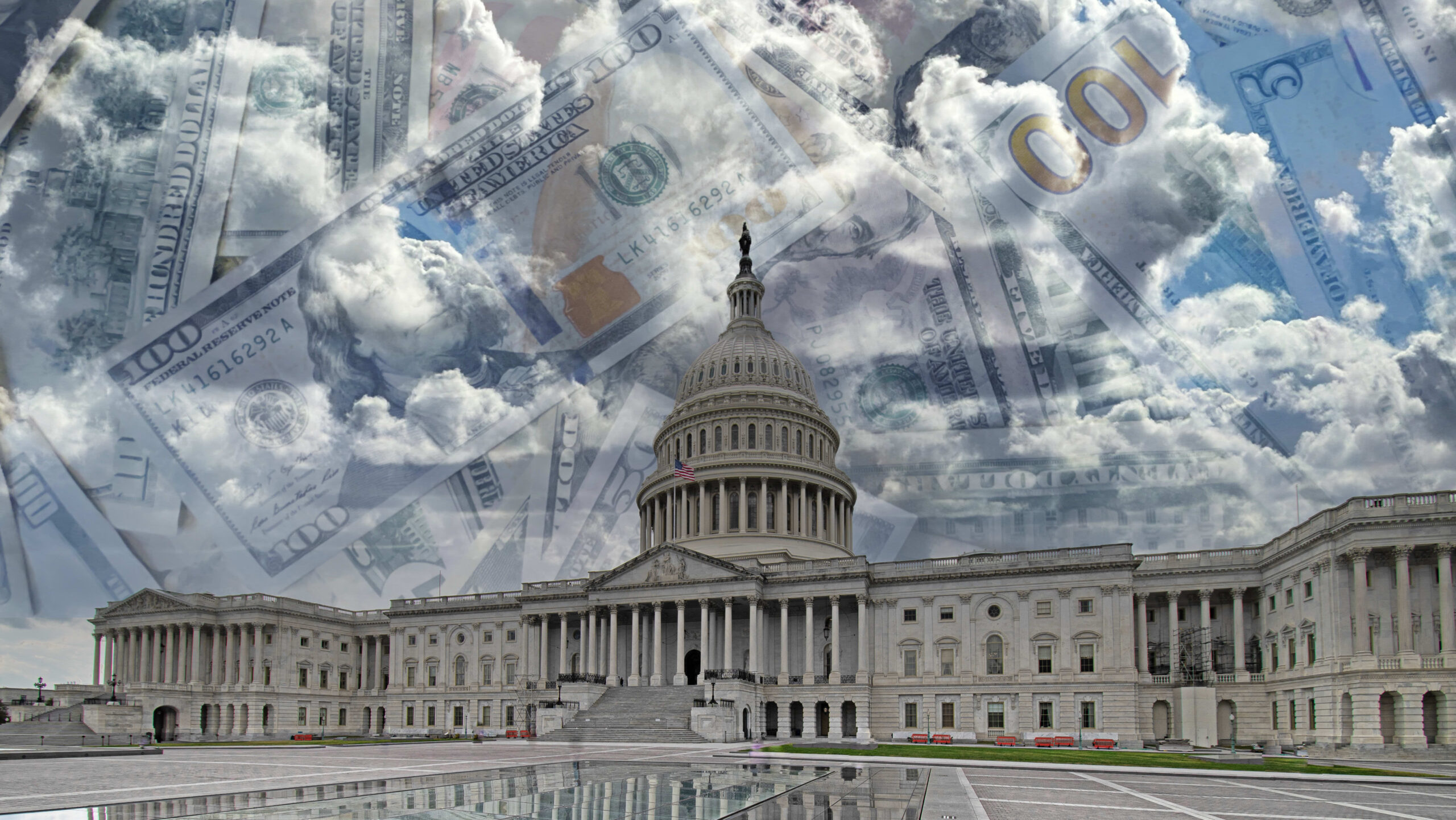This week, lawmakers are returning to Washington, offering investors a new concern: a potential government shutdown this fall.
As Congress lawmakers return from their August holiday, a new round of budget battle has already started. This new round of budget battling will determine whether trillions of dollars in government expenditures continue to flow into the economy on schedule.
The first impending deadline is the fiscal year’s end on September 30 at midnight. If nothing is done, many government services will stop unless a short-term delay is implemented.
Keep the government open is a clear place to start, Senate Majority Leader Chuck Schumer said as he resumed the Senate on Tuesday.
Although historically shutdowns have had little effect on the economy, others say things may be different this time.
Senate Majority Leader Chuck Schumer declared as he reopened the Senate on Tuesday that keeping the government open is a clear place to start.
Although historically shutdowns have not had much of an impact on the economy, some believe this time may be different.
Brian Gardner, the head of Stifel’s Washington policy team, is a little more upbeat.
While he recently estimated that a shutdown had a 60–65% chance of occurring, he also believes that its effects on the economy could not be as severe.
He described how recent shutdowns have gone: “It’s really just a delay, it doesn’t change the overall trajectory of the economy.”
A government shutdown would slow economic growth by about 0.15 percentage points for each week it lasted, according to Goldman Sachs analysts, but “growth would rise by the same cumulative amount in the quarter following reopening.”
Another concern is whether the brinkmanship itself will have larger stakes among bond ratings in light of Fitch’s second ever downgrading of US credit last month.
The government’s top credit rating was reduced by the ratings agency from AAA to AA+, with “a steady deterioration in standards of governance over the last 20 years” cited as a major factor.
The upcoming showdown is probably simply the most recent instance of Washington’s flawed approach for handling fiscal challenges, even if a shutdown is avoided.
Senators returned to Washington this week, and Republican Leader Mitch McConnell stated on Tuesday that he agreed with Schumer’s proposal to have the Senate start considering its version of the required federal spending legislation by the following week.
He added that throughout the upcoming discussion, the Senate’s main focus will be getting funding for what he called “urgent national security and disaster relief priorities.”
When House Republicans return the next week, their emphasis on passing their legislation and providing funding for communities in Florida, California, and Hawaii as well as the Ukraine may clash with their own priorities.
The House process is far behind that and has instead been notorious for delays and partisan warfare, in contrast to the Senate, which has already cleared the 12 appropriations measures required for a long-term accord on a bipartisan basis.
House Speaker Kevin McCarthy has come under heavy pressure from his right wing to attach a number of unrelated concerns to any short- or long-term arrangement, with speculation of his job being in jeopardy if he doesn’t comply.
The most controversial campaign comes from Rep. Marjorie Taylor Greene, who recently declared that she would oppose any agreement involving federal financing if it were not coupled with a probe into President Biden’s impeachment.
Other proposals involving new border security rules and a budget overhaul for the Justice Department may also be on the table. Many members of the far-right Freedom Caucus are pressuring them to vote for even a temporary reprieve, which is likely to be up for discussion later this month.
However, an even more important deadline of January 1, 2024, is just around the way over the holiday season, regardless of what occurs this month.
The debt ceiling agreement from this spring provided that if no long-term expenditure laws had been passed by then, government spending would be reduced by 1% across a variety of programmes. These kinds of budget cuts could have an impact on the entire economy, from the Pentagon to the Department of Education.

